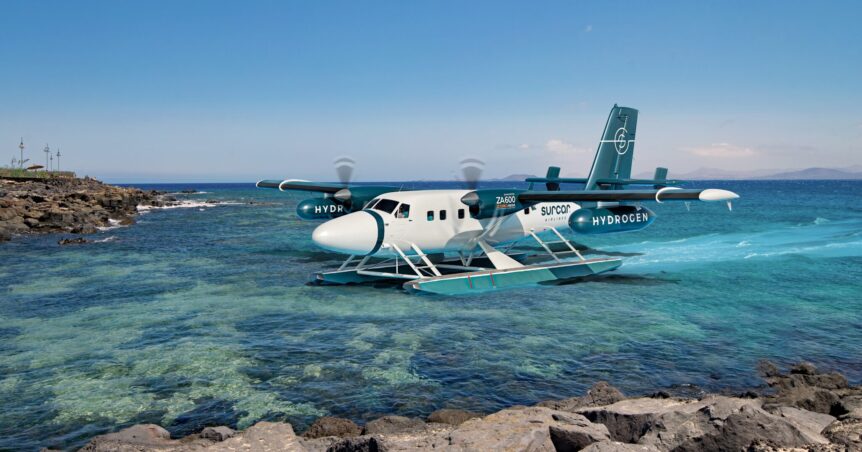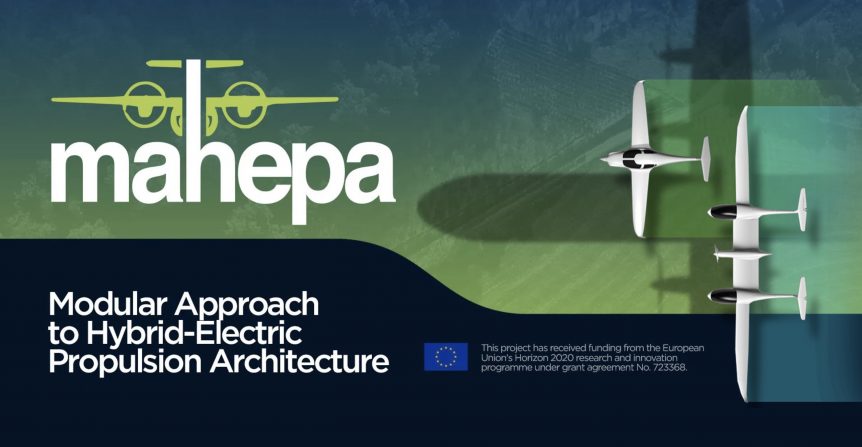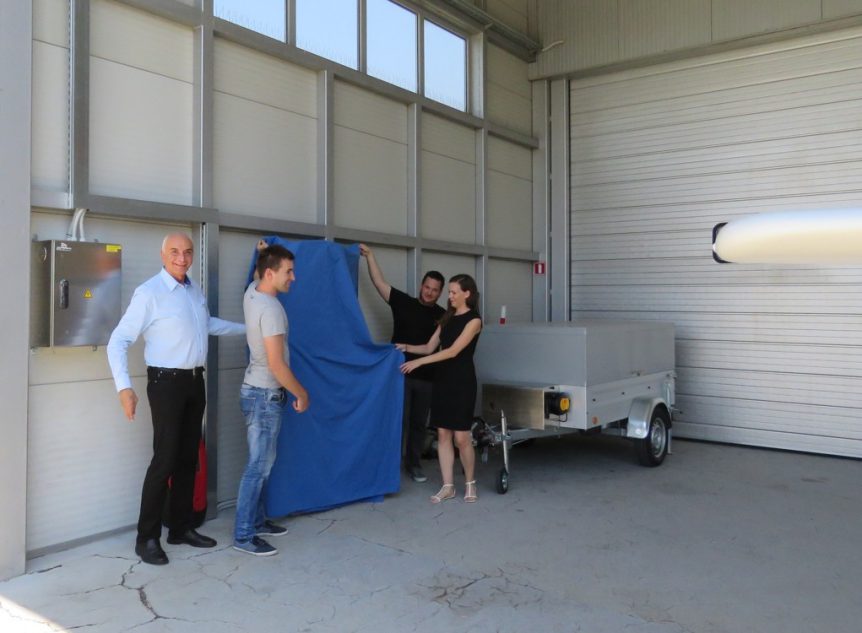An Island-Hopping Customer Surcar Airlines is an enterprise based in the Canary Islands which hopes to serve its island routes with ZeroAvia-motored, hydrogen-fueled DeHavilland Twin Otters. But not right away. Starting with conventionally-powered turbine twins, Surcar is working on a process, “Based on starting something totally new and that touches so many sectors at the same time. “Today we confirm that we have signed an agreement with@zeroavia to fly its ZA600 hydrogen-electric engines in order to operate ecological flights. “We will operate Twin Otter seaplanes updated with the ZA600 propulsion system on our sightseeing flights.” This 600 kilowatt (804 horsepower) system is now being tested and certified for aircraft seating nine to 19 passengers. “This implies the commitment to lead the electrification of aviation in the Canary Islands and achieve zero-emission flights in the archipelago.” This ambition drives the airline to follow, and possibly lead in the European Union’s aim to, “…Reduce greenhouse gas emissions by 55 percent by 2030 …
MAHEPA and HY4 Go High
MAHEPA (Modular Aproach to Hybrid-Electric Propulsion Architecture) is a European Union project to build emission-free aircraft. A public flight of Pipistrel’s HY4 hydrogen-powered, four-seat aircraft was the latest demonstration of the group’s progress. Challenging Objectives Overall, MAHEPA hopes to accomplish five objectives: Advancing the fuel-driven serial hybrid-electric Powertrain which uses a lightweight internal combustion engine (ICE), capable of running multiple fuels as the power generation module. Advancing the reliability of zero-emission serial hybrid-electric powertrain which uses a Proton Exchange Membrane (PEM) Hydrogen Fuel Cell (FC) as the power generation module. Advancing new airborne qualified, lightweight, high-power density components such as a 200 kW+ electric motor, a 100 kW+ generator and improved power electronics using Silicon Carbide (SiC) technology to increase efficiency of power transmission due to decreased switching losses. Developing “common building blocks” solutions also for different aircraft configurations, enabling the proliferation of powertrain modules between various aircraft. Gathering, analyzing and comparing in-flight performance and emission data in order to …
Pipistrel Opens World’s First True Airplane Charging Station
On August 30. Pipistrel inaugurated the first electric charging station to fully warrant the name, charging one of their own Alpha Electro trainers. The project was co-financed by the Ministry of Education, Science and Sport and the European Union from the European Social Fund. Led by Pipistrel, the LECAD Laboratory, and the Academy of Fine Arts and Design, mentors and students developed and constructed a fully-functioning station. Technical characteristics of the charging station: – capable of charging two electric aircraft at the same time – current strength: 2 x 20 kW – charge speed: one hour to fully charge Alpha Electro – operating voltage 3f 400V AC – WiFi connection to the network As Pipistrel explains, “The goal of the project was the production and installation of a (public) charging station for electric airplanes, since in the filling of electric aircraft, in practice, the need for stationary charging has been shown.” Mentors and students from LECAD Laboratory, the Academy of …
Big Birds Flying Green Economy Class (Part Three): Environmental Politics or Revenue Source?
Recent disputes among the many national and regional players in the emerging biofuel/jet fuel markets may slow acceptance and development of hese promising alternatives to fossil fuels. The European Union’s emissions trading system (ETS) seems to be central to contentions by China and the United States. The scheme would impose caps on carbon emissions from airlines flying into Europe, unleashing charges from China that the proposed rules discriminate against carriers from developing countries. A one cent per liter tax on jet fuel, part of the system, is at least partially responsible for the international dispute. According to Flight Global, “The airlines likely to be involved are the nation’s flag carrier Air China, China Southern Airlines and China Eastern Airlines, said an official from the China Air Transport Association.” America has weighed in with court challenges from American Airlines and United Continental, represented by the Air Transport Association (ATA), and Congress has added its voice, opposing what it perceives as European threats to American sovereignty and defending domestic jobs, which it …
Solar Impulse Inspires in Brussels, Heads to Paris
On June 14, 2011, Andre’ Borschberg guided the giant Solar Impulse from Brussels, Belgium, where the craft had spent the last week as the centerpiece of discussions on green energy and the future of transportation in the European Community, to Le Bourget Field just outside Paris. Nearing its destination, its daylong flight sometimes resembled the mathematical problem called, “the drunkard’s walk,” as Borschberg was vectored around the aerial neighborhoods surrounding Paris to make certain the lightly loaded craft did not run afoul of jetliners’ wakes and could find a slot where the runway did not present residual turbulence. During the preceding week, VIPs from the European Community gathered aound the airplane in Brussels to discuss the importance of this airplane and these flights. Their “Green Week” discussions evinced talk of necessity and sprouted bits of inspiration. Viviane Reding, a Vice- President of the European Union and Commissioner on Climate Change, among other responsibilities, said the “event is emblematic” of what European research, humans, …



